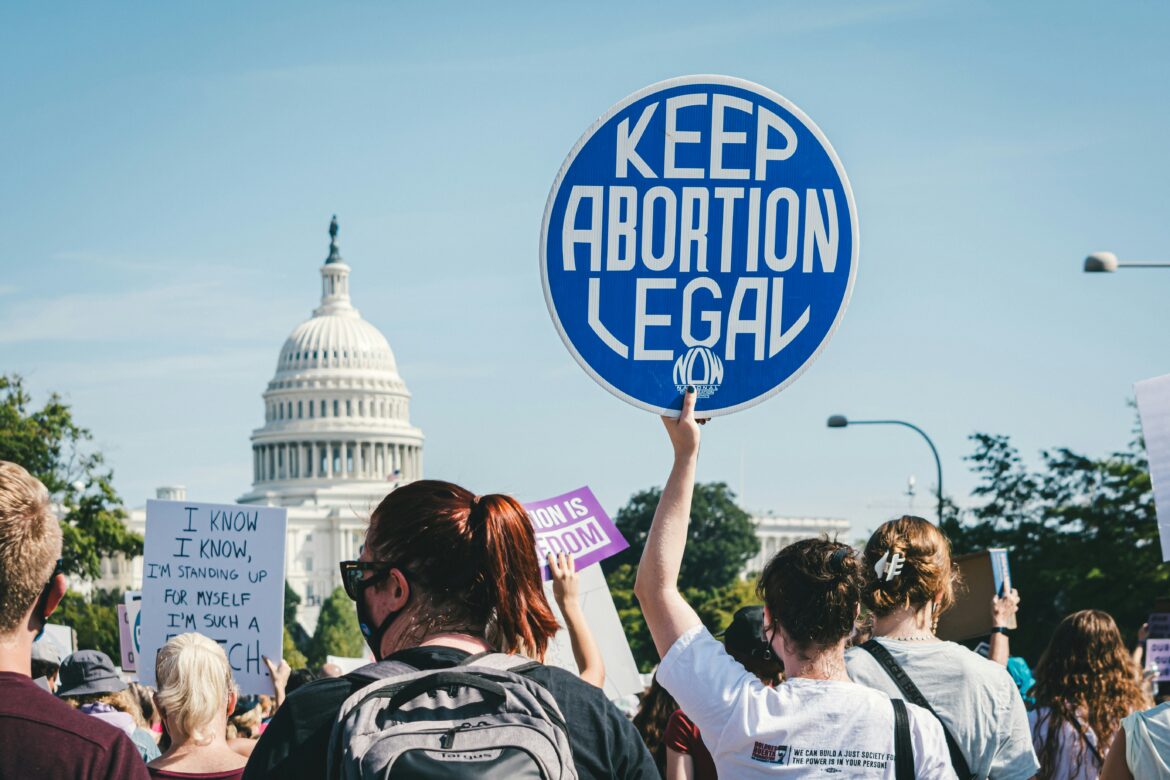It has been almost two years since the U.S. Supreme Court case of Jackson v. Dobbs overturned the precedent of a universal right to abortion as established in Roe v. Wade. Since the ruling was announced, 14 states have banned the procedure and an additional 7 states have set gestational limits before 18 weeks. Further, the state of Alabama recently made headlines by going so far as to attempt to ban in-vitro fertilization treatment. The ambiguity concerning how laws vary across states has created a human rights crisis that restricts access to healthcare, creates a climate of fear, and risks increasing maternal mortality. These restrictions disproportionately harm members of marginalized groups, including people of colour and those living in poverty. The U.S. is now an outlier on the global stage, joining a group of only three countries that have increased restrictions on abortion in the past 30 years: El Salvador, Nicaragua, and Poland. In addition to harming women and pregnant people domestically, the U.S.’s regressive backsliding on abortion has important implications on the global stage for development policy.
The U.S. has a long history of engaging in efforts to provide reproductive care as part of development aid. The United States Agency for Development Aid (USAID) is the largest bilateral donor of family planning assistance, operating in over 30 countries, with a 2022 budget of $607.5 million. Their work is based on the mission of Sustainable Development Goal 3, which emphasizes the importance of maternal and reproductive health. The effectiveness of U.S. reproductive aid, however, has been severely undercut by national politics.
In 1973, the same year that Roe v. Wade was enshrined in law, the Helms Amendment was included in the Foreign Assistance Act. This amendment bans the use of abortion as a “family planning” method in any US-funded work. While the wording of the amendment can be interpreted to allow for exceptions in the case of rape, incest, or threats to maternal health, the amendment was interpreted broadly, effectively removing any U.S. aid for abortion. In a situation that mirrors the current uncertainty the U.S., NGOs and foreign governments largely avoided requesting abortion aid out of fear of losing funding. Similarly, many hospitals and other healthcare providers in the U.S. have pre-emptively shut down access to life-saving healthcare due to fears of legal action that may never take place.
While the Helms Amendment has consistently remained in foreign aid packages, in 1984 Ronald Reagan exacerbated the issue by implementing the Mexico City Policy, or as it is known by its critics, the “global gag rule.” This policy conditions any U.S. family planning assistance to foreign NGOs on a certification that they will neither perform abortions nor provide basic information and counselling regarding the procedure.
Since its inception, the Mexico City Policy has followed domestic electoral politics. It’s been revoked by all Democratic presidents and reinstated by all Republican presidents. In 2017, Donald Trump expanded the policy by setting the same conditions for U.S. global health aid for a wide range of issues, including HIV and child health programs. Joe Biden has since revoked the policy.
The continuous back-and-forth on the Mexico City Policy created an opportunity to study its impacts. Scholars at Stanford University looked at the effects of the Mexico City Policy and its removal throughout the Clinton, Bush, and Obama administrations. They found that countries in sub-Saharan Africa that relied on U.S. aid for family planning and reproductive health programs saw less contraceptive use and increased pregnancies and abortions, compared to countries that were not as reliant on U.S. funding. They attribute this inadvertent negative effect of the policy to the fact that NGOs often provide abortion services alongside contraceptives and other forms of family planning education and reproductive health measures. When these organizations were no longer able to secure funding, their ability to provide a wide range of services was cut back.
Although the current political climate may make a complete repeal of the Helms Amendment untenable, U.S. lawmakers should work to clarify the terms of the amendment to foreign aid recipients, ensuring that aid recipients understand the legal exceptions included in the amendment. Congress should also aim to remove the Mexico City Policy in binding legislation, so it is no longer subject to presidential politics.
Furthermore, there is some evidence that the repeal of Roe v. Wade has emboldened and energized far-right anti-abortion legislators and organizations globally. In addition to increased donations to U.S.-backed anti-abortion groups, the U.S. has a major discursive influence in increasing global stigma surrounding abortion and other reproductive health measures. The politicization of the issue in the U.S. has far-reaching effects on global health initiatives and access to reproductive care. The U.S.’s politicization of the issue contributes to a dangerous environment, disproportionately harming poor women and women in situations of armed conflict. It is crucial to recognize how the U.S.’s restrictive stance on abortion, undermines not only domestic reproductive rights but also has far-reaching implications for global development aid and access to reproductive care.
Edited by Mayah Esmail
Mia Alexander is in her second year at McGill University, currently pursuing a B.A. Joint Honours in International Development Studies and Political Science. She is particularly interested in gender equality and climate justice.

